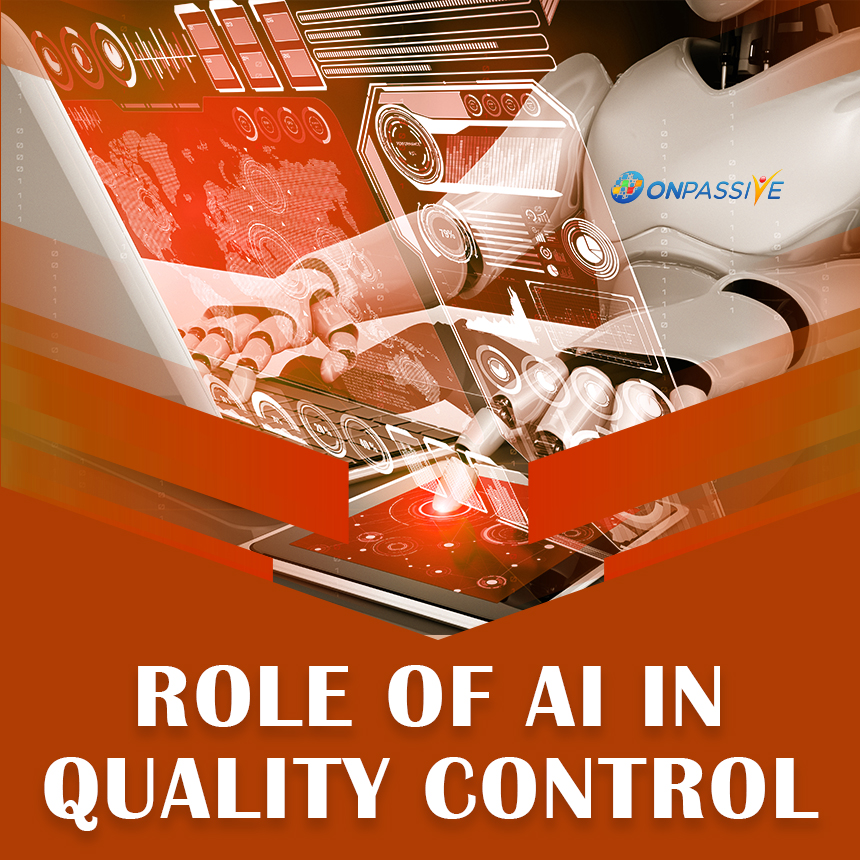Artificial intelligence technology is growing across different market segments, and the industrial automation sector is no exception. You may have heard that artificial intelligence technology helps in quality control in the manufacturing and industrial sector. Do you know how AI changes the way manufacturing companies function?
AI is changing the way businesses run manufacturing and processing. Quality control is another significant application of artificial intelligence technology in the industrial automation space. AI enables businesses to ensure high quality through improved quality inspection. Nowadays, businesses no longer have to conduct inspections manually. AI-powered smart cameras and software ensure to provide improved quality.
Firms in the industrial automation space were already using machine learning and deep learning to conduct quality controls. It did not give inspectors the right outcome. Artificial intelligence has enabled businesses to conduct quality control at the best possible standard.
Traditional Industrial Inspection Processes
Traditionally, businesses used machine vision to conduct quality control. The traditional industrial technology demands businesses to use a rule-based system to conduct quality control processes. While these processes, such as deep neural networks provided qualitative results, it was not always right. For instance, it was hard to detect highly qualitative, subtle, or variable products.
Artificial Intelligence’s Role in Quality Control
While deep learning and deep neural networks enabled businesses to conduct quality control processes, the results were not always accurate. This necessitates business leaders to invest in artificial intelligence technology.
In an AI system, users don’t have to create rule-based systems. AI system creates rules based on the data provided. AI software can analyze the combinations of features that are important and create rules by themselves.
Using artificial intelligence technology, businesses can conduct quality control processes seamlessly. And the best thing is that artificial intelligence technology gives the most accurate outcome. For quality control processes, businesses have to gather relevant data and feed them into the artificial intelligence system.
Conclusion
Artificial intelligence can help companies in industrial automation to conduct quality control processes and automate their manufacturing processes. While the quality control processes were conducted using machine learning over recent years, it did not give accurate outcomes. However, artificial intelligence ensures to provide the best possible business outcomes.
The artificial intelligence system requires businesses to feed critical insights. By using comprehensive insights, the AI system can accurately predict the outcome and conduct quality control.


No comments:
Post a Comment